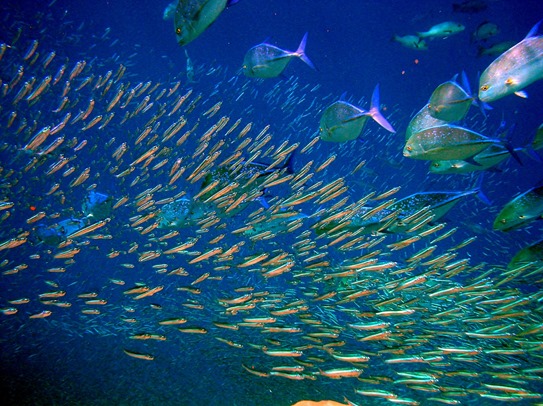Richard Rorty is widely regarded as one of the most important living American philosophers. An heir of the pragmatist tradition espoused by William James and John Dewey, Rorty subscribes to the view that objective truth does not exist. “Truth,” in his view, is simply what “works.” There is no “mirror of nature,” Rorty once infamously asserted, against which human beings can judge themselves.1 According to pragmatism, there is no absolute right or wrong, good or evil, only situations and cultural contexts to be understood and tolerated. Rorty’s penchant for straightforward, no-nonsense talk has given him a second career as a cultural commentator. His 1997 book, Achieving Our Country, solidified his standing as an intellectual darling of the American Left.
In the following quotation, Rorty contends that no morally significant difference distinguishes human beings and animals, because neither have a given “nature.” If this is true, then society obviously loses the ability to pass judgment on wickedness. In the place of condemnation, the philosopher opines, we should simply try to restore “bad people’s” sense of potential or self-esteem.2 These individuals are merely deprived, not depraved. Some might simply regard Rorty’s comments as ridiculous, but anyone who dismisses his arguments does so at their peril. His views are influential and widespread in many centers of higher education and political thinking in both the United States and Europe. This is the stream against which we must swim with the truth of the gospel.
There is a growing willingness to neglect the question “What is our nature?” and to substitute the question “What can we make of ourselves?” . . . In particular, I shall defend the claim that nothing relevant to moral choices separates human beings from animals except historically contingent facts of the world, cultural facts.3
Nowadays, to say that we are clever animals is not to say something philosophical and pessimistic but something political and hopeful—namely, if we can work together, we can make ourselves into whatever we are clever and courageous enough to imagine ourselves becoming.4
The bad people’s problem is . . . they were not as lucky in the circumstances of their upbringing . . . we should treat them as deprived . . .5
![]()
![]()
Footnotes:
![]()
1 Richard Rorty, Philosophy and the Mirror of Nature (Princeton: Princeton University Press, 1979).
2 A bad person, in Rorty’s view, is someone who does things the majority does not like.
3 Richard Rorty, “Human Rights, Rationality, and Sentimentality,” in Hatred, Bigotry, and Prejudice: Definitions Causes & Solutions, eds. Robert M. Baird and Stuart E. Rosenbaum (Amherst, NY: Prometheus Books, 1999), 265-266.
4 Ibid., 269-270.





